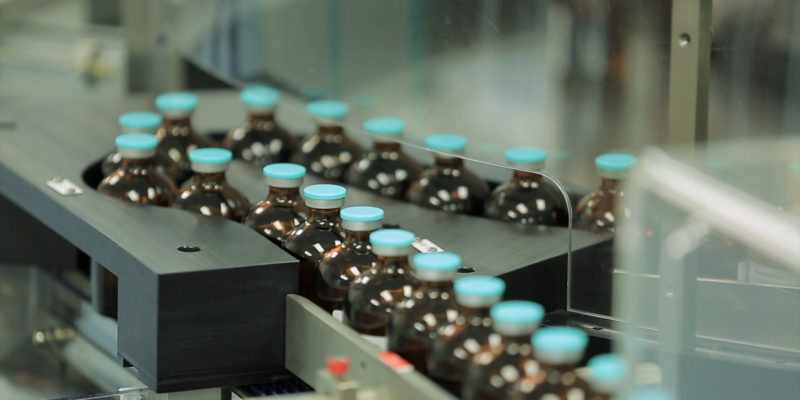Government ministers in the UK intend to relax the rules around clinical trials and will look at ways of streamlining the drug approvals process following Brexit, the Independent reported.
According to the newspaper, the government has confirmed that it intends to bring forward the introduction of its Medicines and Medical Devices Bill. This will introduce new laws to create a “streamlined, internationally competitive” process for the approval of new pharmaceutical products and medical devices.
The aim is to ensure that patients are given access to the latest treatments as soon as possible. The government has also said that it intends to do away with “unnecessary bureaucracy” surrounding low-risk clinical trials.
One of the driving forces behind this new legislation – and the reason it’s being introduced to parliament sooner rather than later – is that the government is keen to ensure large pharmaceutical firms don’t desert the UK following Brexit.
The worry is that these large, multinational pharmaceutical firms could choose to test and roll-out their latest devices and drugs in other markets if the UK isn’t able to offer a friction-free environment.
The newspaper also highlighted a number of other proposals that were unveiled in the Queen’s Speech earlier this month, following the Conservative victory in the UK’s latest general election.
They included setting up the world’s first patient safety investigation body, which would be modelled on the Air Accidents Investigation Branch, as well as increasing the number of NHS staff who can prescribe medicine.
According to the government, these plans will “ensure our NHS and patients have faster access to the best innovative medicines while supporting the growth of the UK’s life sciences sector to ensure we remain at the forefront of the global life sciences industry”.
The intention is for the UK to become one of the leading nations for research and development of rapid diagnostics and advanced therapies and devices.
Following the election result, the Association of the British Pharmaceutical Industry (ABPI) said that Boris Johnson’s manifesto “included strong commitments to improve the availability of new medicines to NHS patients, the uptake of vaccines, and to place life sciences at the centre of an innovation-based economy”.
It added: “The ABPI supports these ambitions and we look forward to working with our members to bring new investment to the UK to further strengthen our world-leading science base.”
Ahead of the election, the ABPI ran through the main policies presented by each political party in the areas of life sciences and health. It was broadly supportive of many of the initiatives set out in the Conservative manifesto, including a pledge to reach a target of 2.4 per cent of GDP being spent on research and development (R&D).
It also set out the creation of a new “arm’s length agency” that would be used to support high-risk, high-payoff research. Increasing the R&D tax credit to 13 per cent was another Conservative proposal that was welcomed by the ABPI ahead of the election.
If your business needs new pharma packaging solutions, get in touch with us today to find out how we can help.

